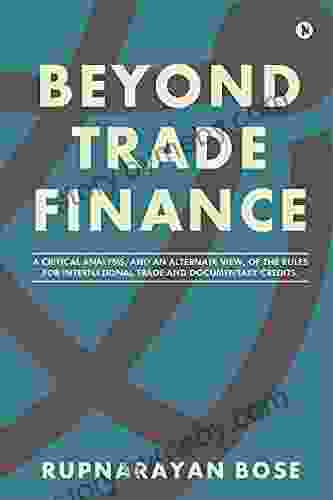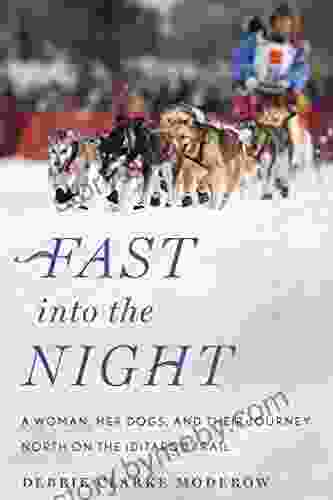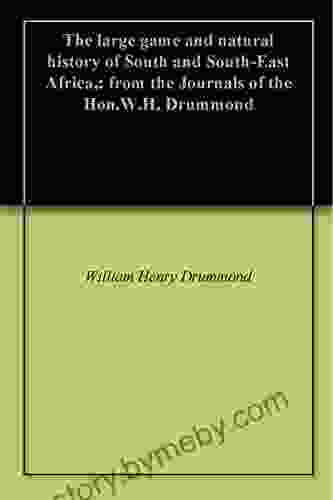Critical Analysis And An Alternate View Of The Rules For International Trade

The current rules for international trade are in need of a critical analysis. These rules, which were largely developed in the post-World War II era, are no longer fit for purpose in the 21st century. They have led to a system of global trade that is unfair, unsustainable, and undemocratic.
This book provides a critical analysis of the current rules for international trade and offers an alternate view that is more equitable and sustainable. The book is divided into three parts. Part I provides an overview of the current rules for international trade and their impact on developing countries. Part II examines the need for an alternate view of international trade. Part III outlines a new set of rules for international trade that are more equitable, sustainable, and democratic.
The current rules for international trade are based on the principles of free trade and comparative advantage. These principles were developed by economists in the 19th century and have been used to justify the removal of trade barriers between countries.
4.3 out of 5
| Language | : | English |
| File size | : | 2896 KB |
| Text-to-Speech | : | Enabled |
| Screen Reader | : | Supported |
| Enhanced typesetting | : | Enabled |
| Word Wise | : | Enabled |
| Print length | : | 310 pages |
The theory of free trade argues that countries should specialize in producing goods and services that they can produce most efficiently and trade with other countries for goods and services that they cannot produce as efficiently. This theory assumes that free trade will lead to a more efficient allocation of resources and a higher level of global economic growth.
The theory of comparative advantage argues that countries should specialize in producing goods and services that they have a comparative advantage in producing. This means that countries should produce goods and services that they can produce at a lower cost than other countries. The theory of comparative advantage also assumes that free trade will lead to a more efficient allocation of resources and a higher level of global economic growth.
However, the evidence suggests that the current rules for international trade have not led to a more equitable or sustainable global economy. In fact, the gap between rich and poor countries has widened in recent decades, and the environment has been degraded.
There are a number of reasons why the current rules for international trade have failed to deliver on their promises. First, the rules are based on a number of assumptions that are not always valid. For example, the theory of free trade assumes that there is perfect competition in the market. However, in reality, there are often monopolies and other forms of market power that can prevent the benefits of free trade from being realized.
Second, the current rules for international trade do not take into account the environmental and social costs of production. For example, the production of many goods and services results in air and water pollution, as well as the depletion of natural resources. The current rules for international trade do not place any limits on these costs, which can lead to the degradation of the environment and the impoverishment of local communities.
Third, the current rules for international trade are not democratic. They are negotiated by a small number of powerful countries, and they often do not reflect the interests of developing countries. This can lead to rules that are unfair and that do not promote sustainable development.
The current rules for international trade are in need of a critical analysis. These rules have led to a system of global trade that is unfair, unsustainable, and undemocratic. We need an alternate view of international trade that is more equitable, sustainable, and democratic.
An alternate view of international trade would be based on the following principles:
- Equity: The rules of international trade should be fair to all countries, regardless of their size or level of development.
- Sustainability: The rules of international trade should promote sustainable development. This means that they should take into account the environmental and social costs of production.
- Democracy: The rules of international trade should be negotiated in a democratic manner. This means that all countries should have a say in the development of these rules.
An alternate view of international trade would lead to a more just and sustainable global economy. It would help to reduce poverty, protect the environment, and promote democracy.
In this part of the book, we outline a new set of rules for international trade that are more equitable, sustainable, and democratic. These rules are based on the following principles:
- The polluter pays principle: The producer of a good or service should be responsible for the environmental and social costs of production.
- The precautionary principle: When there is a risk of harm to human health or the environment, the precautionary principle should be applied. This means that decisions should be made on the basis of the best available scientific evidence, even if there is some uncertainty about the risks.
- The right to development: All countries have the right to develop their economies. The rules of international trade should support the right to development.
- The principle of common but differentiated responsibilities: Developed countries have a greater responsibility to address the environmental and social costs of production than developing countries. The rules of international trade should reflect this principle.
These are just some of the principles that should be included in a new set of rules for international trade. These rules would help to create a more just and sustainable global economy.
The current rules for international trade are in need of a critical analysis. These rules have led to a system of global trade that is unfair, unsustainable, and undemocratic. We need an alternate view of international trade that is more equitable, sustainable, and democratic.
This book provides a critical analysis of the current rules for international trade and offers an alternate view that is more equitable and sustainable. The book outlines a new set of rules for international trade that are based on the principles of equity, sustainability, and democracy. These rules would help to create a more just and sustainable global economy.
4.3 out of 5
| Language | : | English |
| File size | : | 2896 KB |
| Text-to-Speech | : | Enabled |
| Screen Reader | : | Supported |
| Enhanced typesetting | : | Enabled |
| Word Wise | : | Enabled |
| Print length | : | 310 pages |
Do you want to contribute by writing guest posts on this blog?
Please contact us and send us a resume of previous articles that you have written.
 Book
Book Novel
Novel Page
Page Chapter
Chapter Text
Text Story
Story Genre
Genre Reader
Reader Library
Library Paperback
Paperback E-book
E-book Magazine
Magazine Newspaper
Newspaper Paragraph
Paragraph Sentence
Sentence Bookmark
Bookmark Shelf
Shelf Glossary
Glossary Bibliography
Bibliography Foreword
Foreword Preface
Preface Synopsis
Synopsis Annotation
Annotation Footnote
Footnote Manuscript
Manuscript Scroll
Scroll Codex
Codex Tome
Tome Bestseller
Bestseller Classics
Classics Library card
Library card Narrative
Narrative Biography
Biography Autobiography
Autobiography Memoir
Memoir Reference
Reference Encyclopedia
Encyclopedia Sue Prideaux
Sue Prideaux Maria Golia
Maria Golia Lindsey Pollak
Lindsey Pollak Marie Greene
Marie Greene Shannon Jensen
Shannon Jensen Kris Rivenburgh
Kris Rivenburgh Lemony Snicket
Lemony Snicket Latin Travel
Latin Travel Sherri Rifkin
Sherri Rifkin The Freedom Writers
The Freedom Writers Laura Callaghan
Laura Callaghan Kristen Collins
Kristen Collins Kyung Won Chung
Kyung Won Chung Maribel Fierro
Maribel Fierro Linda Heidenreich
Linda Heidenreich L Smith
L Smith Lauri S Scherer
Lauri S Scherer Mike O Connor
Mike O Connor Reinaldo Arenas
Reinaldo Arenas Rosemond Sarpong Owens
Rosemond Sarpong Owens
Light bulbAdvertise smarter! Our strategic ad space ensures maximum exposure. Reserve your spot today!
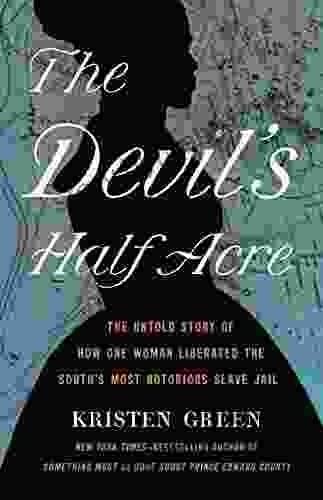
 Larry ReedUncover the Secrets of "The Devil Half Acre": A Journey into the Dark Side of...
Larry ReedUncover the Secrets of "The Devil Half Acre": A Journey into the Dark Side of... Al FosterFollow ·7.9k
Al FosterFollow ·7.9k Donovan CarterFollow ·8.7k
Donovan CarterFollow ·8.7k Lucas ReedFollow ·7k
Lucas ReedFollow ·7k Brian BellFollow ·13.5k
Brian BellFollow ·13.5k Finn CoxFollow ·3.1k
Finn CoxFollow ·3.1k Miguel de CervantesFollow ·2.1k
Miguel de CervantesFollow ·2.1k Jorge Luis BorgesFollow ·7.6k
Jorge Luis BorgesFollow ·7.6k Alec HayesFollow ·11.7k
Alec HayesFollow ·11.7k
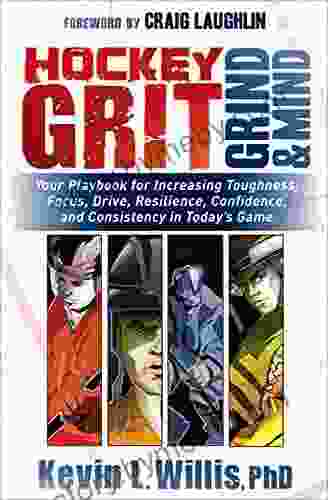
 Forrest Reed
Forrest ReedHockey Grit, Grind, Mind: The Ultimate Guide to Mental...
Hockey is a tough...
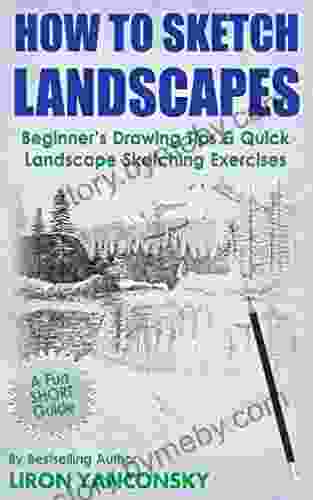
 Juan Rulfo
Juan RulfoUnlock Your Inner Artist: Embark on a Sketching Journey...
Embrace the Beauty of Nature Through Quick...

 Nathaniel Hawthorne
Nathaniel HawthorneSo You Think You're a Philadelphia Phillies Fan?
The Philadelphia Phillies are one of the most...
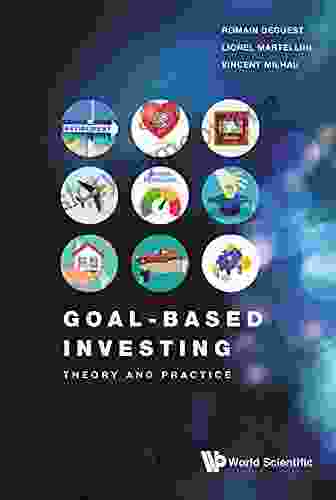
 Jeff Foster
Jeff FosterGoal-Based Investing: A Comprehensive Guide to Achieving...
Investing is not...

 Aleksandr Pushkin
Aleksandr PushkinGNOMEDOM: The Future Unfolds (Gnomedom Tales 1)
Escape into the enchanting world of Gnomedom...
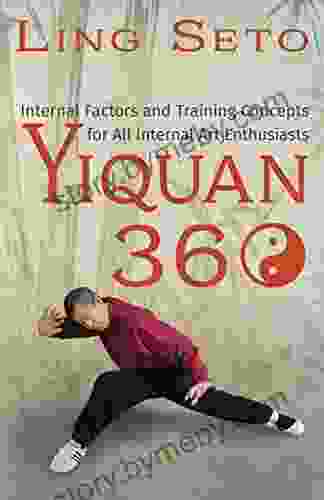
 Branden Simmons
Branden SimmonsInternal Factors And Training Concepts For All Internal...
Internal arts, such as Tai...
4.3 out of 5
| Language | : | English |
| File size | : | 2896 KB |
| Text-to-Speech | : | Enabled |
| Screen Reader | : | Supported |
| Enhanced typesetting | : | Enabled |
| Word Wise | : | Enabled |
| Print length | : | 310 pages |


